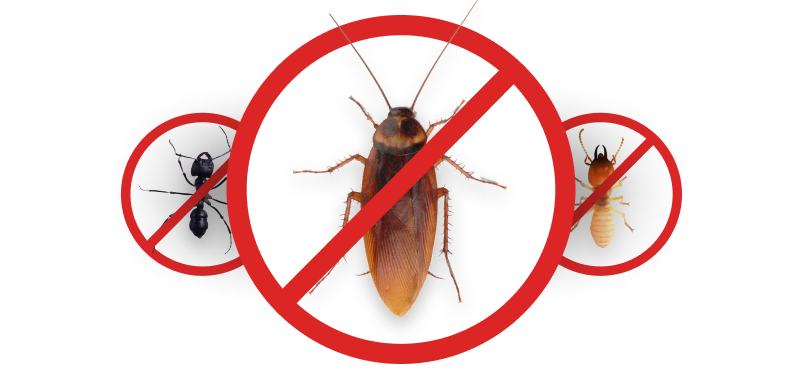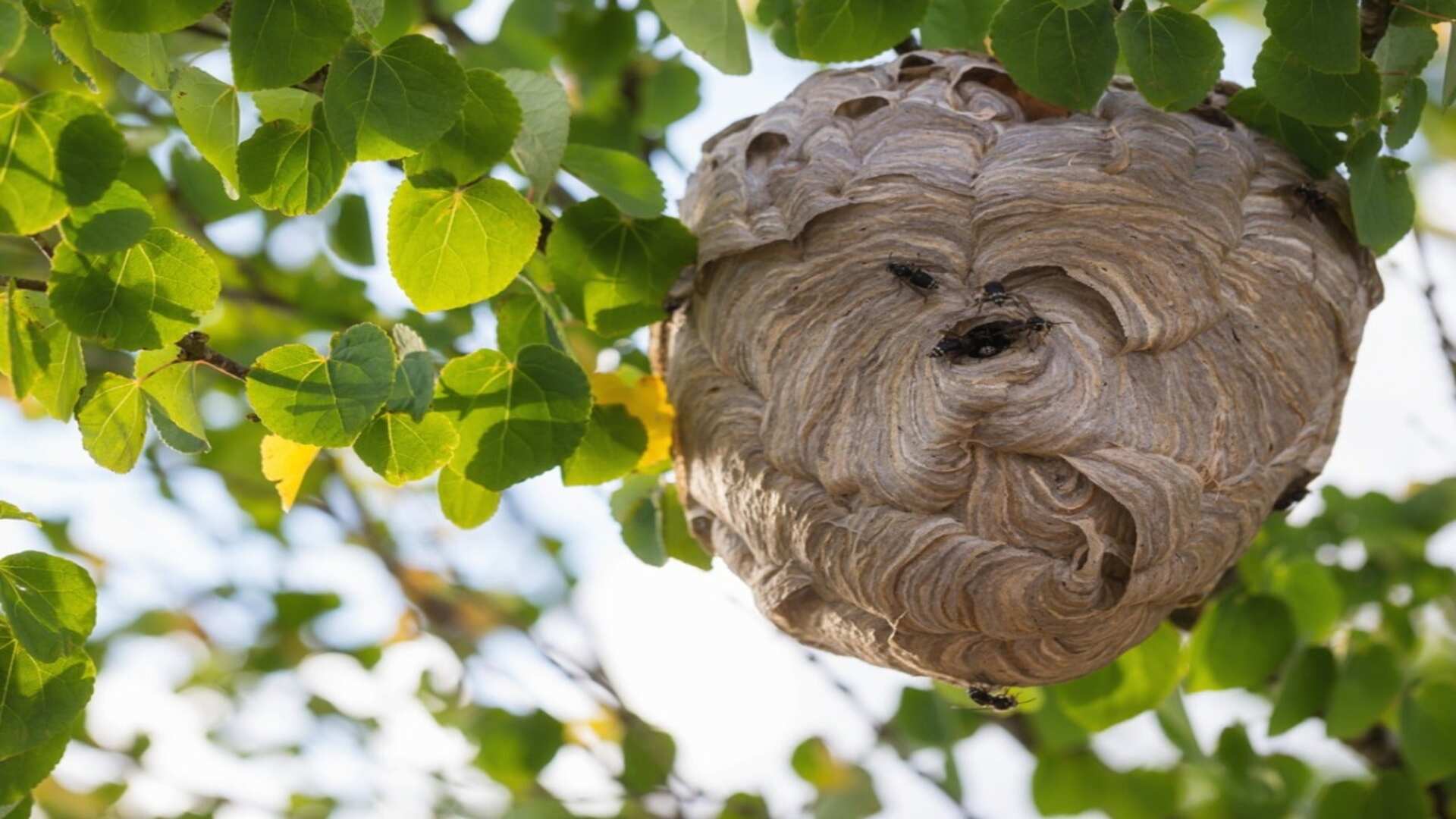
Hornets often build paper-like nests in trees or bushes, especially during summer.
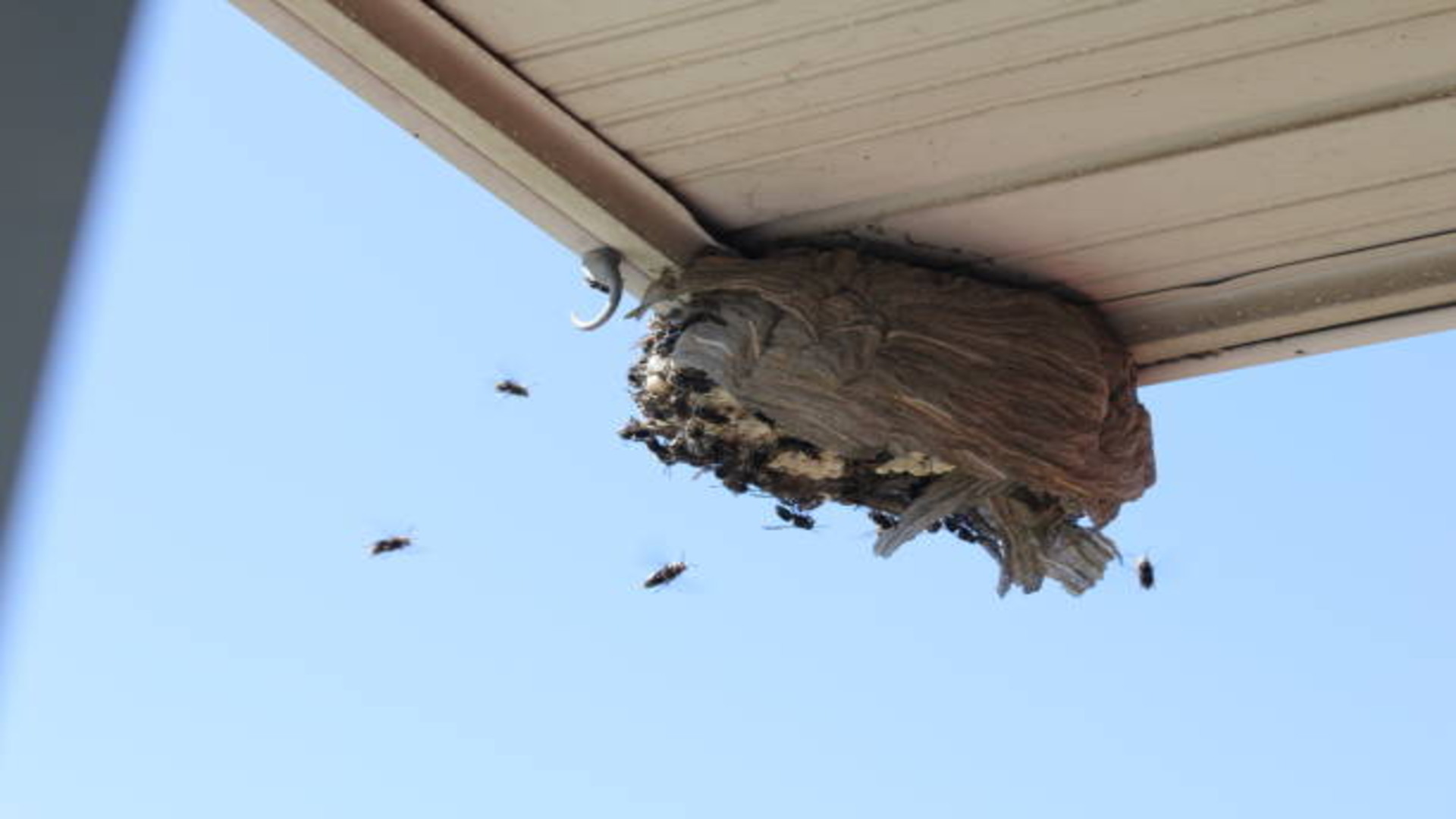
Hornets frequently construct nests under the eaves of homes, close to human activity.
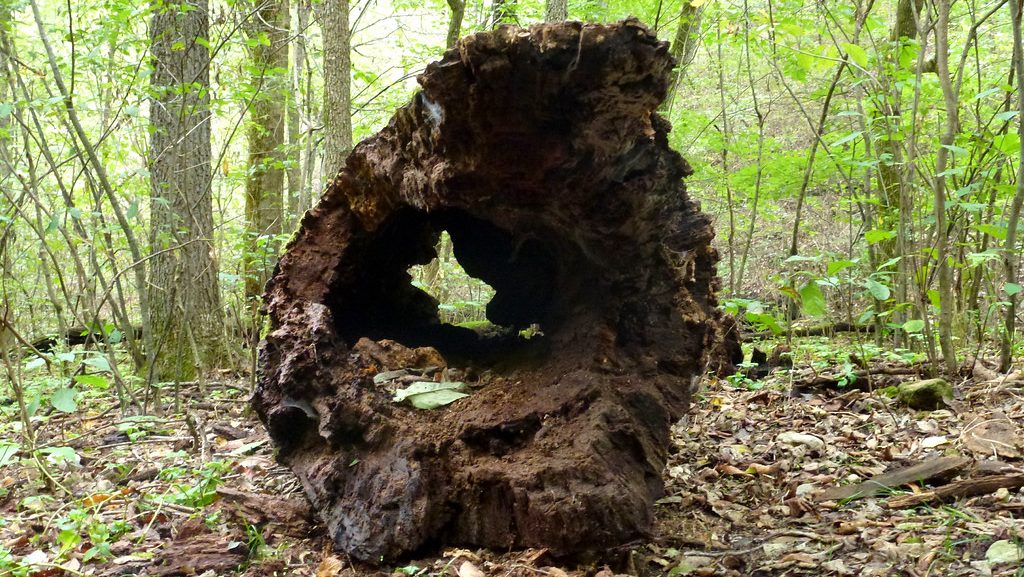
Some hornet species prefer underground nests, often near woodlands or gardens.
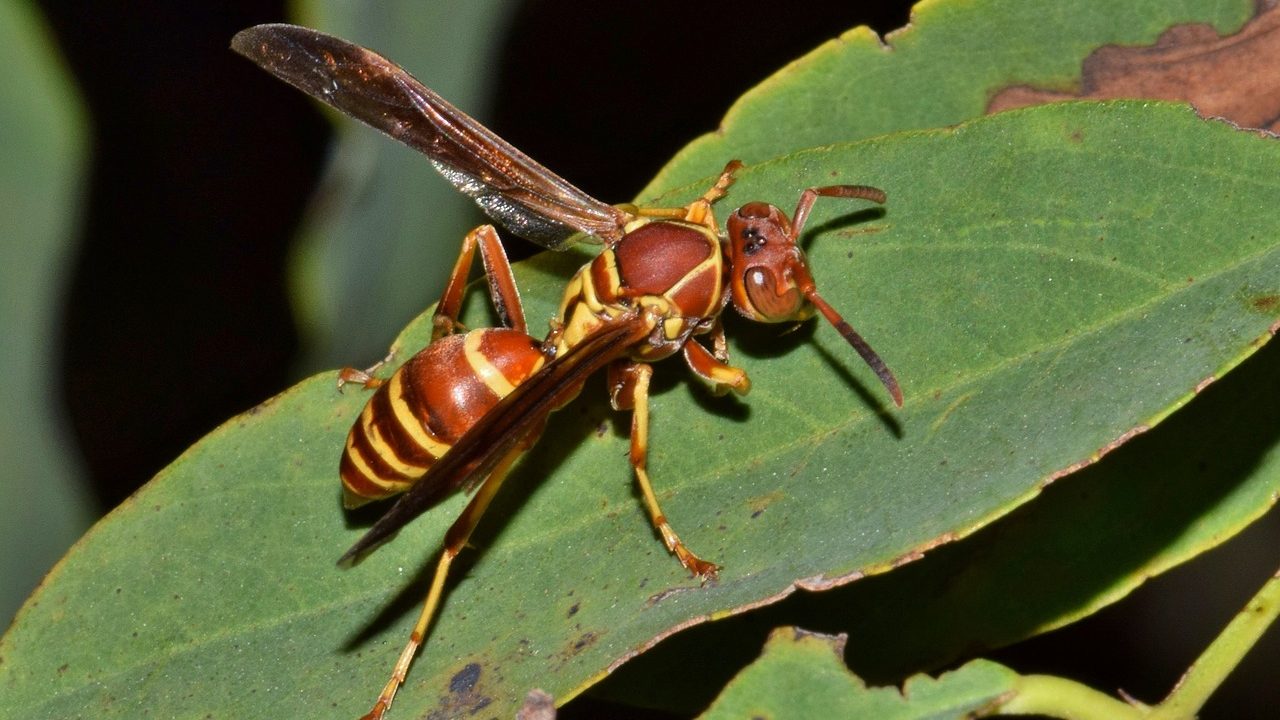
An unusual number of large flying insects around your property may indicate a nest nearby.
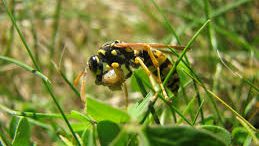
Loud buzzing, especially in secluded corners, could signal a nearby hornet nest.
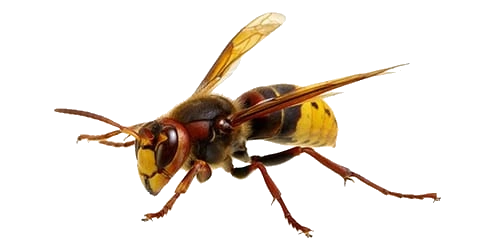
Large and brownish-red, these hornets often create nests in hollow trees or attics.
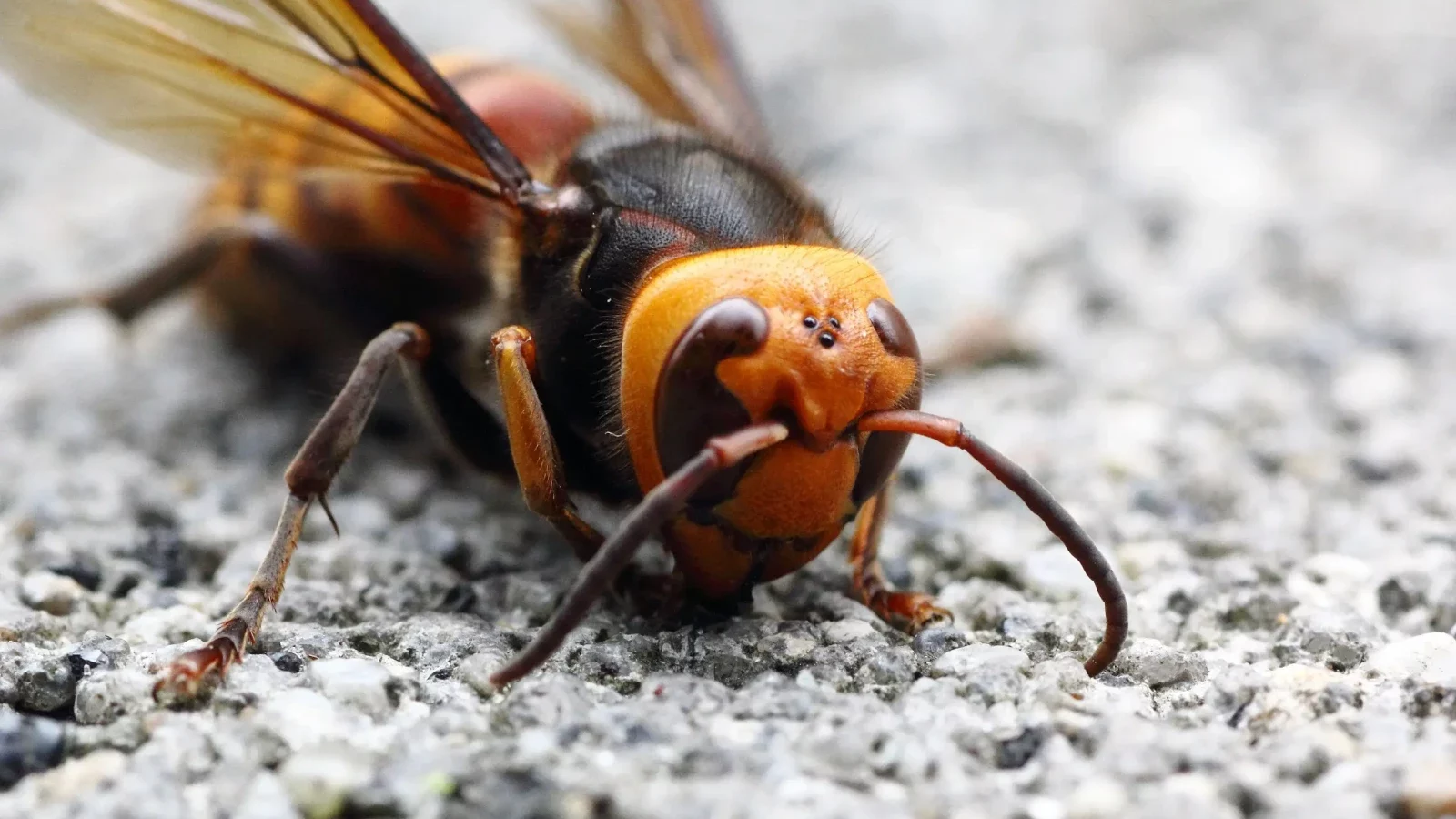
Known for their size and aggressive nature, these hornets are notorious for painful stings.
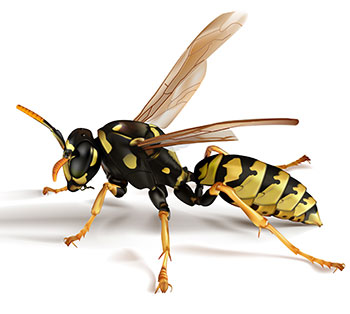
Black and white in color, these hornets prefer building aerial nests in shrubs or trees.
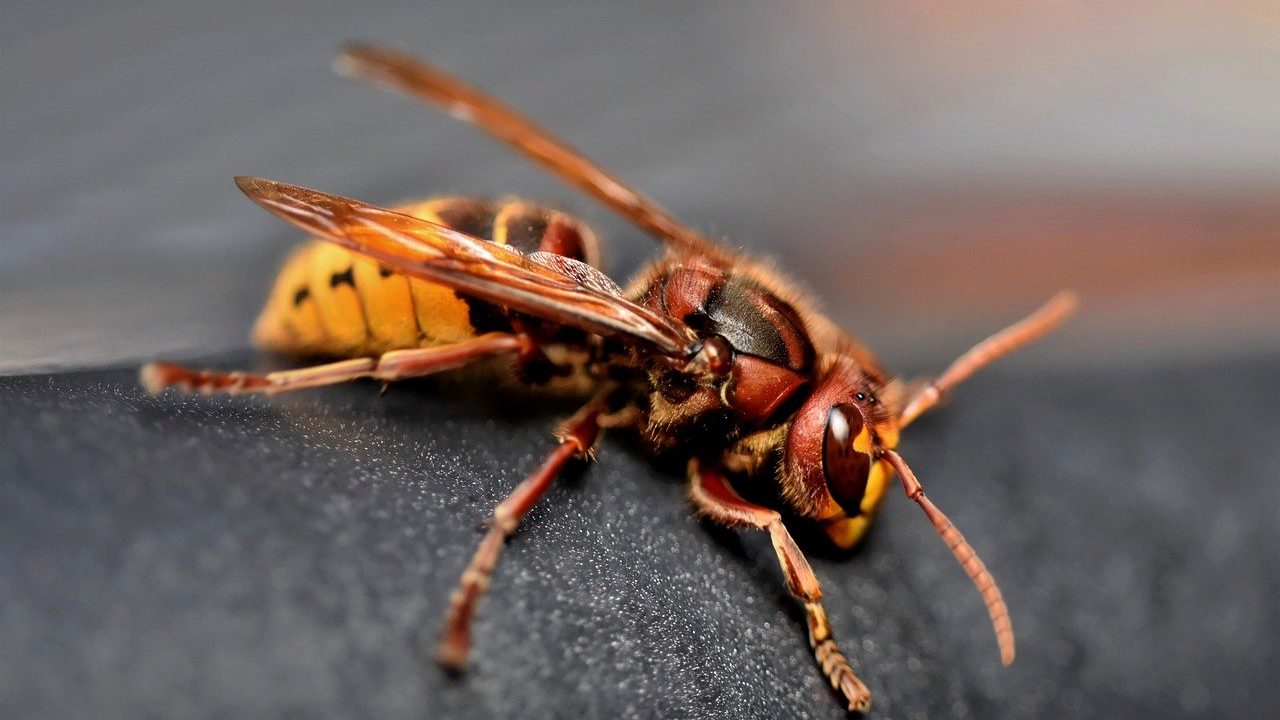
A smaller species often confused with wasps, they thrive in warm climates.
Hornets can sting multiple times without dying.
A hornet’s sting is more painful than that of a bee.
Hornets feed on other pests, like flies and caterpillars.
Their nests are made from chewed wood mixed with their saliva.
Hornets are highly territorial and will defend their nests aggressively.
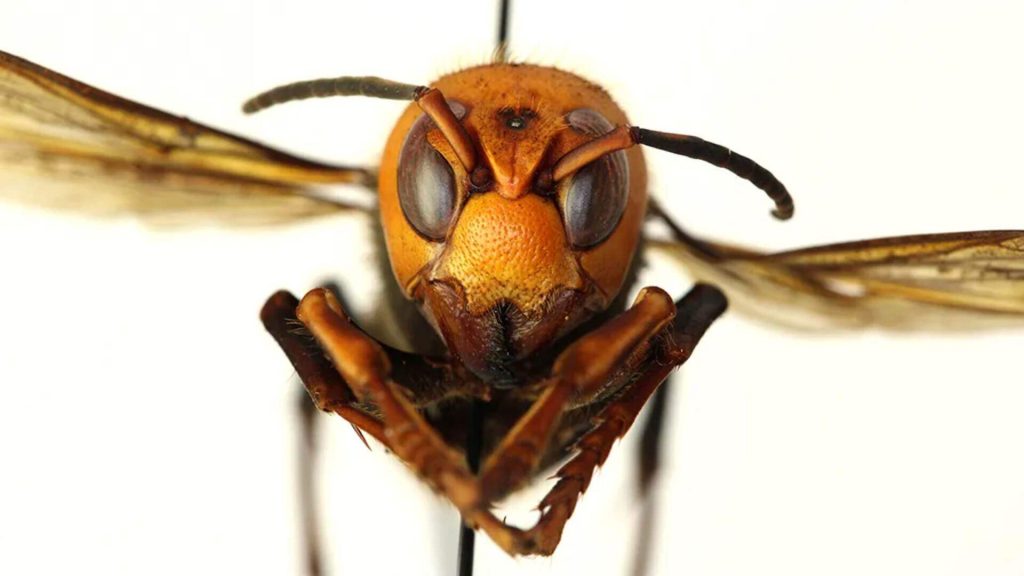
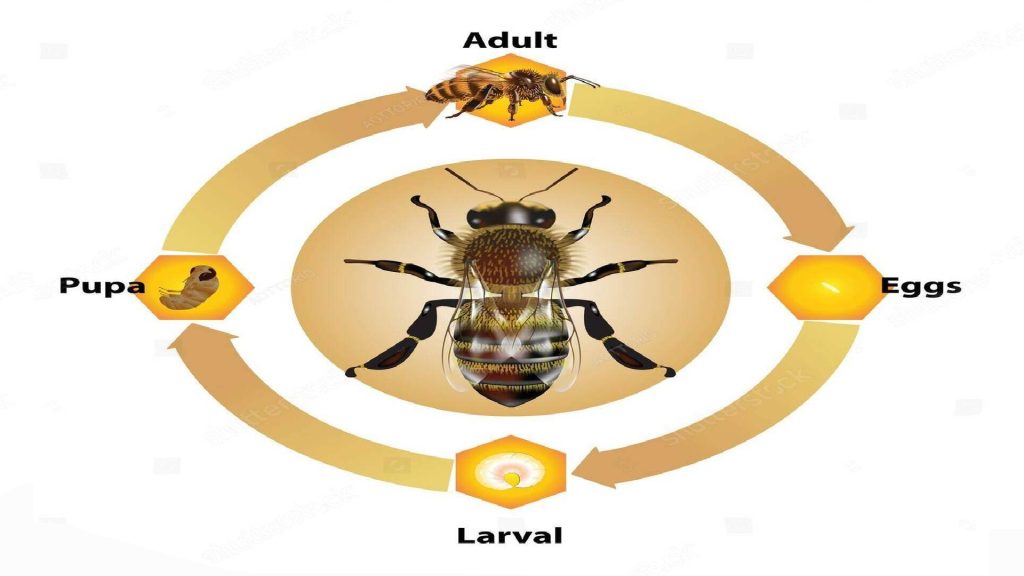
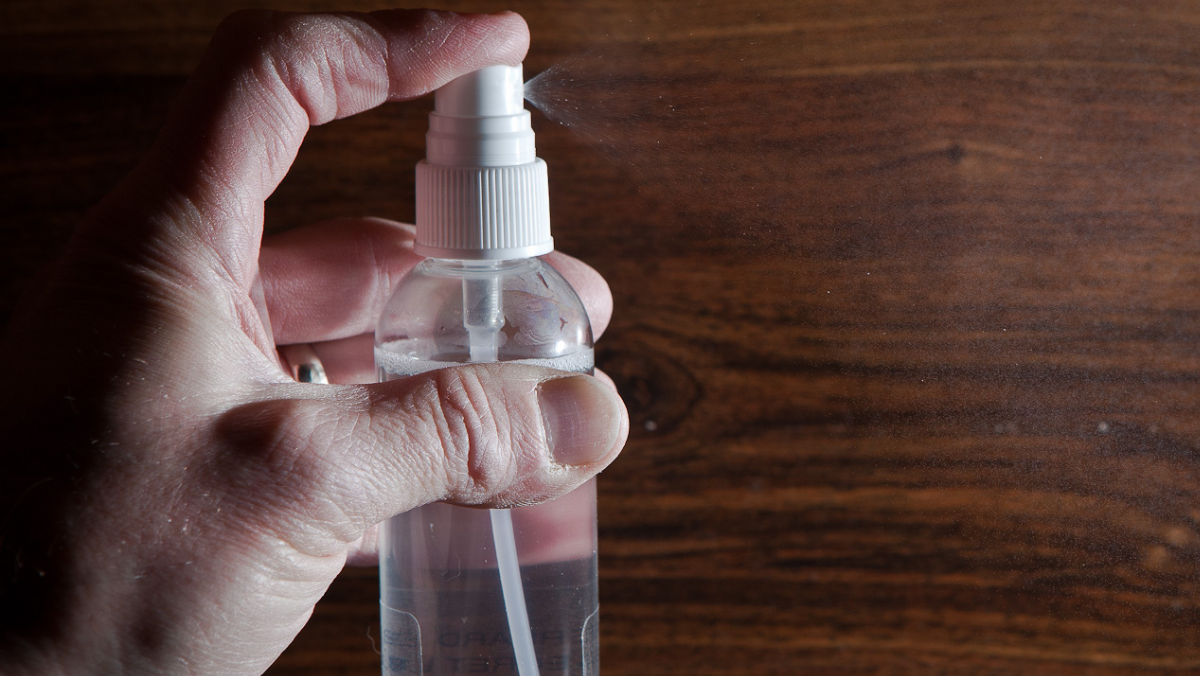
Use wasp and hornet spray to target nests from a safe distance.

Peppermint oil or vinegar sprays can repel hornets.
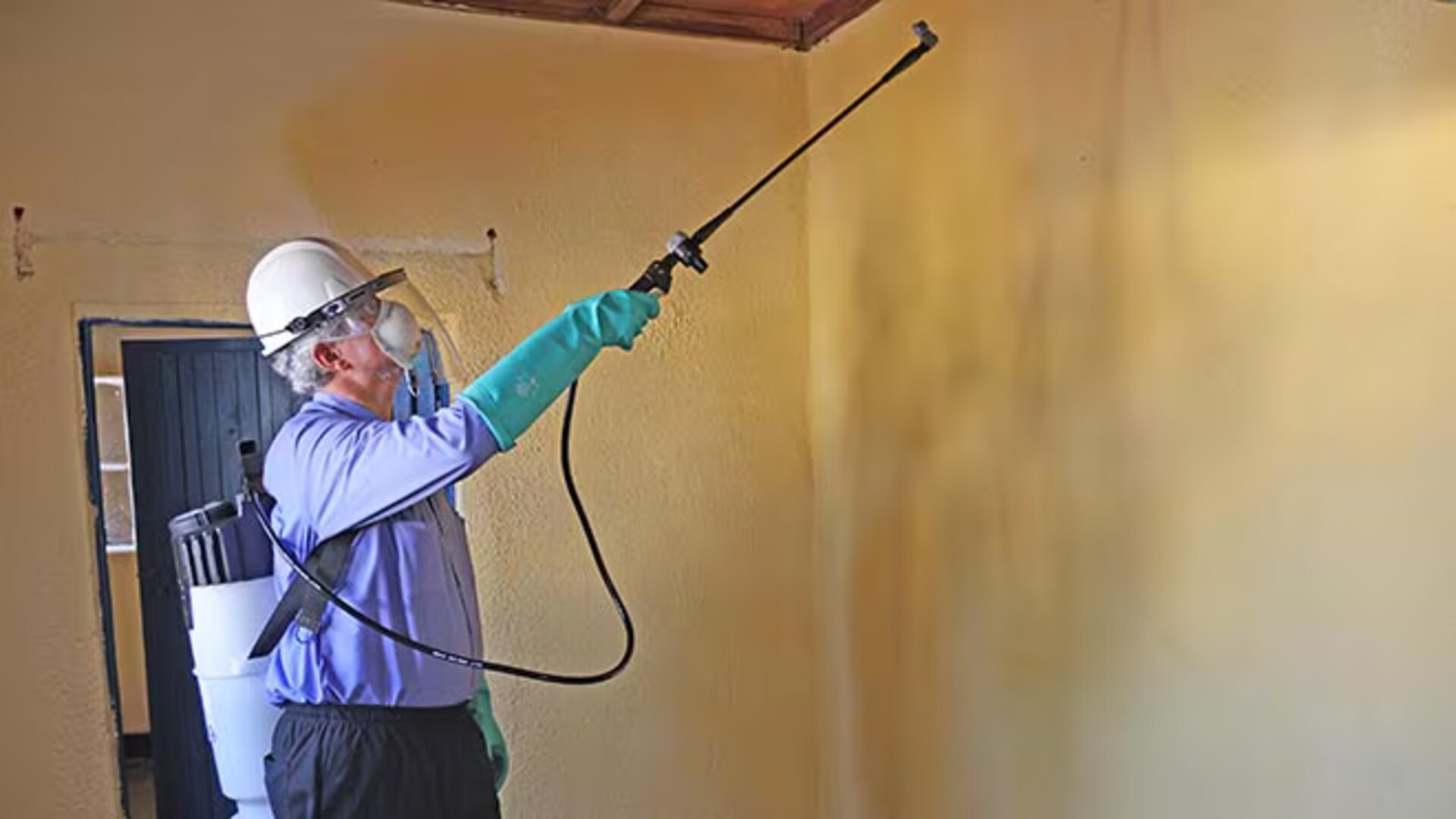
For severe infestations, hiring a professional ensures safe and effective removal.
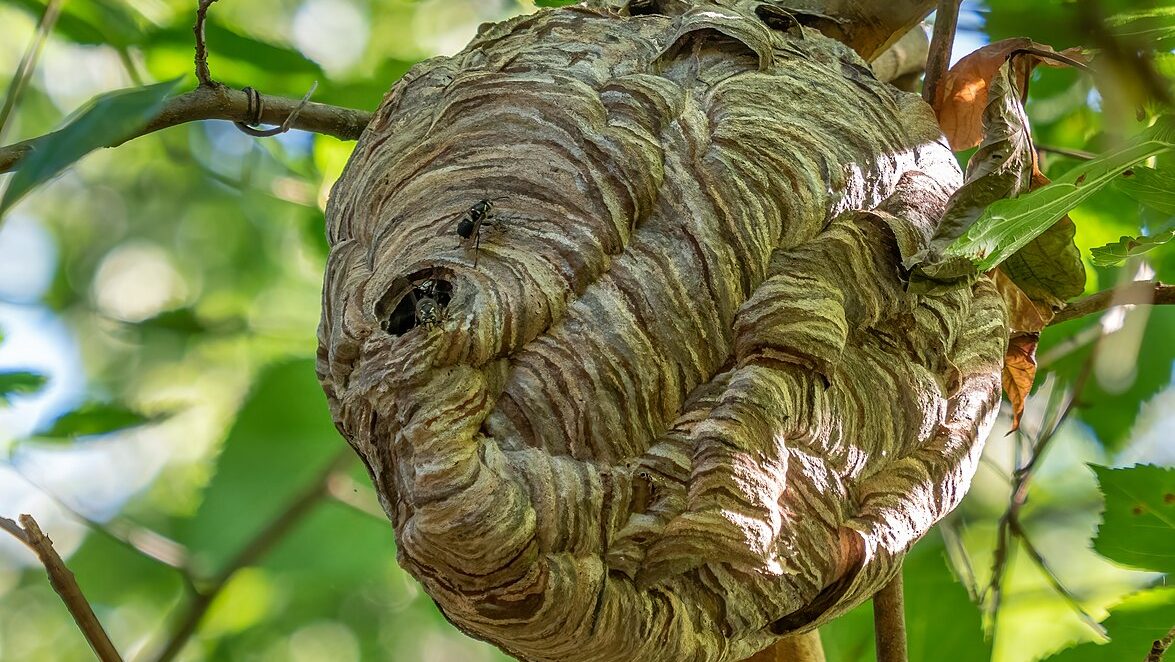
Carefully remove inactive nests during the colder months.

Smoke can deter hornets but should only be used in open areas.
Hornets are known to have good memory when it comes to identifying threats. They can remember faces and return to defend their nest if they perceive you as a danger. This memory can last for several days, allowing them to stay vigilant against repeated threats.
The lifespan of a hornet depends on its role in the colony. Worker hornets typically live 2-4 weeks, while queens can live up to a year, especially if they successfully hibernate during the winter.
Yes, hornets can sting multiple times without dying because their stinger is smooth and doesn’t get stuck in the skin like a honeybee’s.
Only fertilized queens survive the winter by hibernating in sheltered areas. The rest of the colony, including workers and drones, dies off as temperatures drop.
Yes, hornets play an important ecological role. They help control pest populations by feeding on harmful insects, and they also aid in pollination while foraging for nectar.
Hornets dislike strong scents such as peppermint, eucalyptus, and citronella. They are also repelled by smoke, which disrupts their ability to communicate through pheromones.
Hornets are attracted to sweet scents, including sugary drinks, ripe fruits, and floral fragrances. They are also drawn to bright colors and light sources, especially at night.
Hornet stings can be painful and, in some cases, dangerous. Their venom can cause severe allergic reactions in sensitive individuals, leading to swelling, difficulty breathing, or anaphylaxis. Multiple stings can also be harmful to anyone due to the cumulative effect of the venom.
The safest way to remove a hornet nest is to call a pest control professional. If attempting it yourself, wear protective clothing, work at night when hornets are less active, and use a commercially available hornet spray. Always keep a safe distance and have an escape plan in case they become aggressive.
Hornets are not inherently aggressive but will defend their nest if they feel threatened. Provoking them or getting too close to their colony can trigger an attack.
To safely remove a hornet nest, avoid daytime activity when they are most active. Use protective gear and apply an insecticide designed for hornets at night. However, it’s strongly recommended to hire a professional pest control service to ensure safety and effectiveness.
